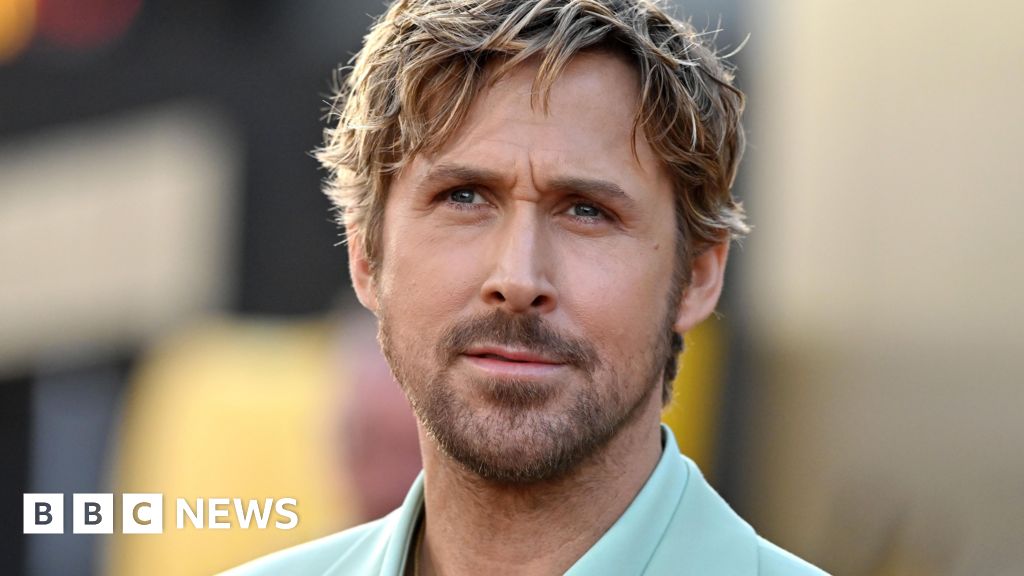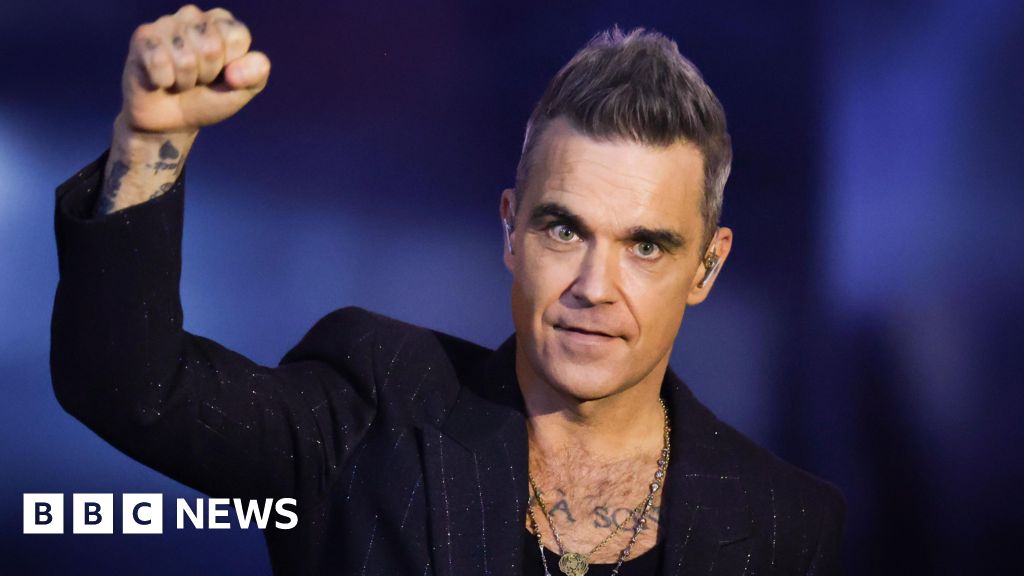Black Mirror's Seventh Season Explores Complex Themes of AI and Love in 'Hotel Reverie'

Last week, the much-anticipated seventh season of Black Mirror premiered, captivating audiences with its exploration of love and romance, albeit with a notable scarcity of happy endings. Among the new episodes, one standout is titled Hotel Reverie, featuring the talented Hollywood star Issa Rae. In this episode, Raes character embarks on a journey fueled by a desire for more substantial and fulfilling roles, leading her into a mesmerizing yet unsettling world dominated by artificial intelligence.
The episode intricately weaves technology and emotion, presenting Brandy Friday, played by Rae, as she finds herself inserted into a nostalgic black-and-white film reminiscent of classic cinematic masterpieces like Casablanca. The film, aptly titled Hotel Reverie, serves as a backdrop for Rae's character, who becomes the contemporary star in a project designed to remake this vintage film with a modern twist.
While Brandys consciousness is plugged into this virtual recreation, the advanced AI technology makes her experiences feel unmistakably authentic. The world she inhabits is vividly detailed, and her digital co-star, Clara, portrayed by the tragic starlet Dorothy Chambers in the film and by Emma Corrin in the episode, feels astonishingly lifelike. The narrative plunges into themes of sentience, exploring the idea that Clara possesses a soul and is capable of forming a genuine emotional connection.
An enlightening interview recently published in the Hollywood Reporter features insights from the episodes director, Haolu Wang, alongside Rae and her co-star Awkwafina, who plays the head of the AI startup behind the experiment in Hotel Reverie. The trio delves into the thought-provoking emotional terrain that the episode, penned by Charlie Brooker, navigates.
Wang articulates that the story revolves around two individuals forging a sincere connection amid an entirely artificial environment. The contrast is really interesting, he stated. Its very moving because it talks about someone from now and someone from the past, both actors trapped in different ways who otherwise would have never met. They find each other in a similar boat and find themselves being able to be their true selves for the first time with each other, but in a limited place.
As Wang continues to unpack the themes, he highlights the current struggles faced by actors in the industry, pondering whether the implications of AI could manifest in the real world, especially for those reenacting roles. Whats the psychological and emotional implication for someone who has just been used for two hours? he queried, prompting viewers to consider the deeper ramifications of such technology in the realm of performance.
The character of Brandy grapples with her desire to maintain a connection with Clara, although she realizes that this longing is inherently constrained. The more it feels real that Clara is there, the more we also know that its impossible, Wang explains. It gives people that profound feeling of, what if we use that technology on real people, on actors? What would the implication of that be?
Ultimately, Hotel Reverie presents a resolution that allows Brandy and Clara to maintain some form of connection, despite their vastly different realities one existing in the tangible world, the other entirely digital. While viewers might question the logistics of this twist, Wang emphasizes that The connection is what matters. Thats what stays with you that will never go away, even though youll never quite have your person ever again. The episode concludes on a bittersweet note, prompting reflection on the feelings it elicits. Its about what kind of feeling you want to leave the audience with, and, for this, its longing.
For those intrigued by this compelling narrative, Hotel Reverie and the entire seventh season of Black Mirror are available for streaming on Netflix.





























